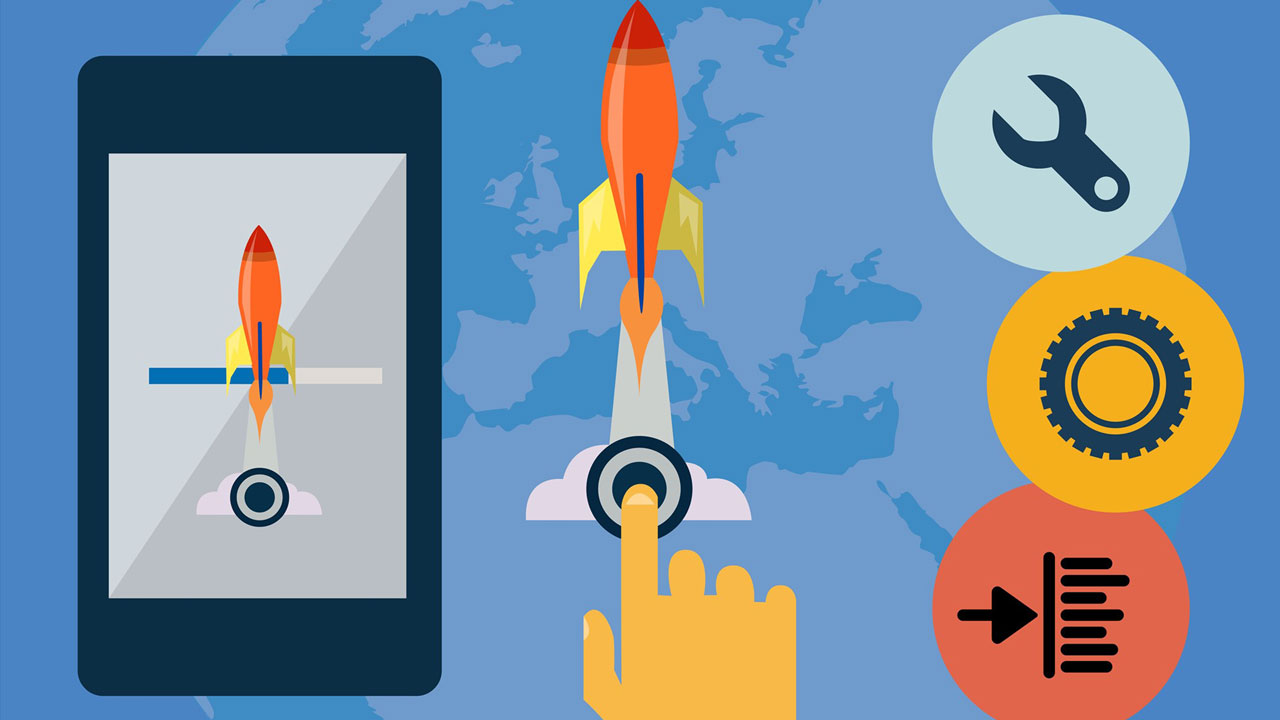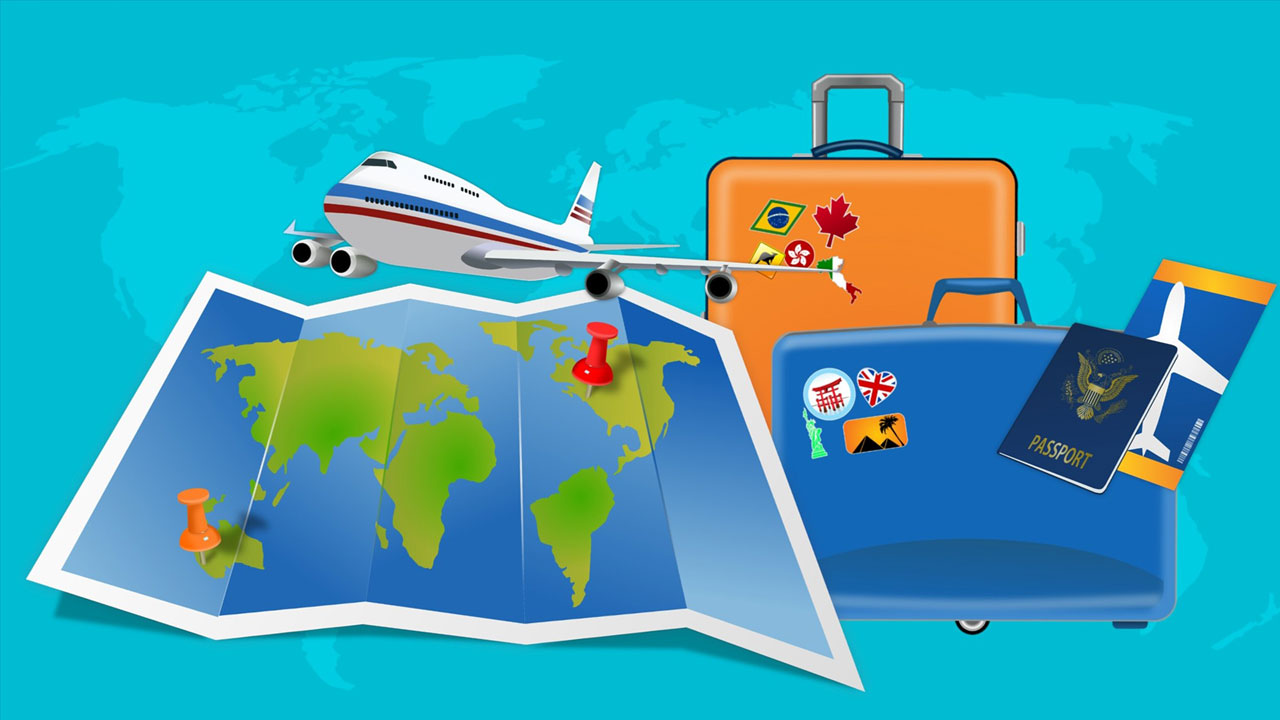In this module, we will introduce the subject, talking about the principles of tourism, with its concepts, theories and literature, fundamental principles, trends and importance of this sector for the economy. We will also analyse the negative and positive factors that affect tourism and describe its evolution throughout the years. In a second part of the module, we will address basic principles of tourism management, explain the nature, scopes and approaches of managing tourism organizations, while planning, evaluating, organizing and budgeting for the sector by creating tourism business plan. Finally, we will see how these concepts are applied in real Case Studies that were conducted in the context of the project "Social Entrepreneurship Integrated with AR and Rural Youth".

After following this module, you will be able to:
- Understand entrepreneurship skills’ importance for the tourism industry;
- Identify different leadership styles;
- Understand the concept of leading by example;
- Apply the Dos and Don’ts of persuasion;
- Explain and apply the Persuasion Tools Model.
- What are the possible stakeholders for providing a fund?
- What are the opportunities for a business fundraising?
- How to create a Business Plan.

This module will present the technologies augmented reality - AR, virtual reality - VR and digital communication in terms of interfaces encountered. The first unit will elaborate on the fundamental concepts of the two technologies and their possible application fields, while the second unit, will elaborate on the technical aspects and equipment for the two technologies but also a general guide for AR and VR development. The third unit will present digital communication and digital interfaces and how users can use digital communication environments and their most common found features. Each unit is accompanied by 5 multiple choice questions where the user can test their acquired knowledge.

This module provides first an insight on the different tourism services and its main characteristic, with an overview on the importance of building “experiences” requested by the modern tourist, and how to create experiences integrated with the AR, applying what it has been learnt in M1, M2 and M3 and creating new tourism services and exploiting the AR. The module provides information on how to develop the core of the experience, looking at the target and the context, analysing the competitors, to build not only a business plan but a network in order to cooperate with the main existing players in the local tourism destination. With simple guidelines we will support you in creating tourism services and collaboration structures with existing tourism entrepreneurs.
